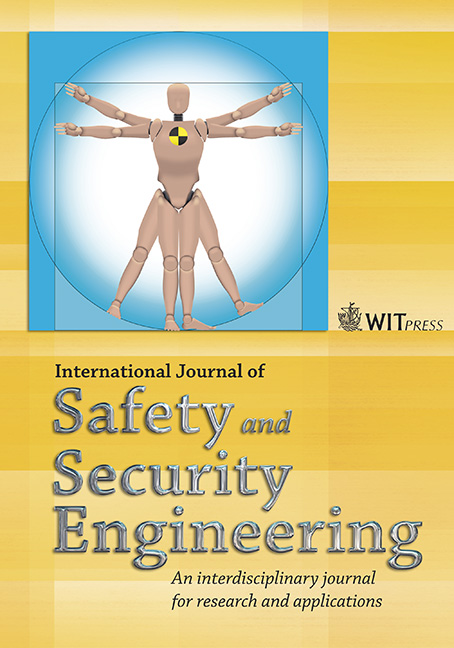VULNERABILITIES OF COASTAL COMMUNITIES RESULTING FROM CLIMATE CHANGE: A CASE STUDY OF SAN MATEO, BELIZE
Price
Free (open access)
Volume
Volume 6 (2016), Issue 3
Pages
6
Page Range
582 - 588
Paper DOI
10.2495/SAFE-V6-N3-582-588
Copyright
WIT Press
Author(s)
A. BELL, R. DUGGLEBY III & A. KINCH
Abstract
This paper focuses on the migration patterns of residents of the community of San Mateo, San Pedro, Belize. Recent research conducted in the community of San Mateo by Florida State University faculty and students revealed numerous vacant lots along the coast and in areas where water has risen and not been displaced. In total, the vacant lots accounted for nearly a quarter of the community. Drawing from these findings, this paper argues that these vacant lots are due to environmental changes in the community, most likely attributed to climate change. This paper will examine environmental migration in San Mateo as well as availability of resources such as electricity and water. The ultimate goal of this research is to assess how the resettlement of environmental migrants is impacted by the availability of resources. The paper will subsequently illustrate that Central America is especially prone to the effects of climate change, and that this directly impacts the most vulnerable, coastal communities.
Keywords
Belize, case study, climate change




